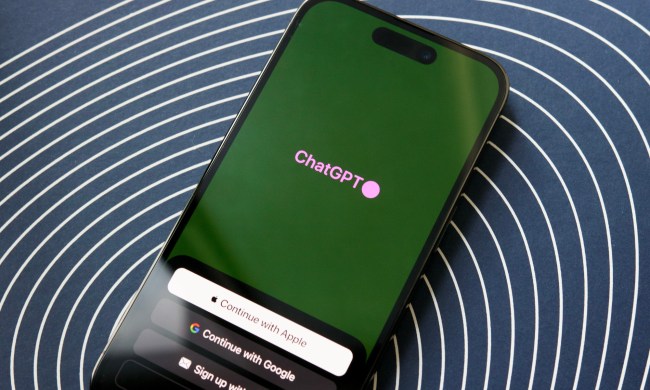ChatGPT, the AI-powered chatbot that went viral at the start of last year and kicked off a wave of interest in generative AI tools, no longer requires an account to use.
Its creator, OpenAI, launched a webpage on Monday that lets you begin a conversation with the chatbot without having to sign up or log in first.
It means that if you have yet to engage with an AI-powered chatbot despite hearing plenty of news about the technology over the last year, there’s really no excuse to hold off any longer.
“It’s core to our mission to make tools like ChatGPT broadly available so that people can experience the benefits of AI,” Microsoft-backed OpenAI said in a blog post on Monday. “More than 100 million people across 185 countries use ChatGPT weekly to learn something new, find creative inspiration, and get answers to their questions. Starting today, you can use ChatGPT instantly, without needing to sign up.”
The company is rolling out the easy-access feature “gradually,” so hit this link now to see if it’s working where you are.
But take note: Anything you input during your text-based conversations may be used by OpenAI to improve its AI technology, though this can be turned off via Settings — whether or not you create an account.
OpenAI points out that there are actually a number of benefits to creating an account, such as the ability to save and review your chat history, share chats, and unlock additional features like voice conversations and custom instructions, so if you enjoy your experience with ChatGPT and think you might want to use it again, it’s worth considering setting one up.
If you’re coming to ChatGPT for the first time, Digital Trends offers a few tips on how to get the most out of it. OpenAI also offers some ideas on what you might want to ask ChatGPT, such as 10 suggestions for gifts for your cat’s birthday, how to explain to a child what a neural network is, and fun ideas for a backyard party.


